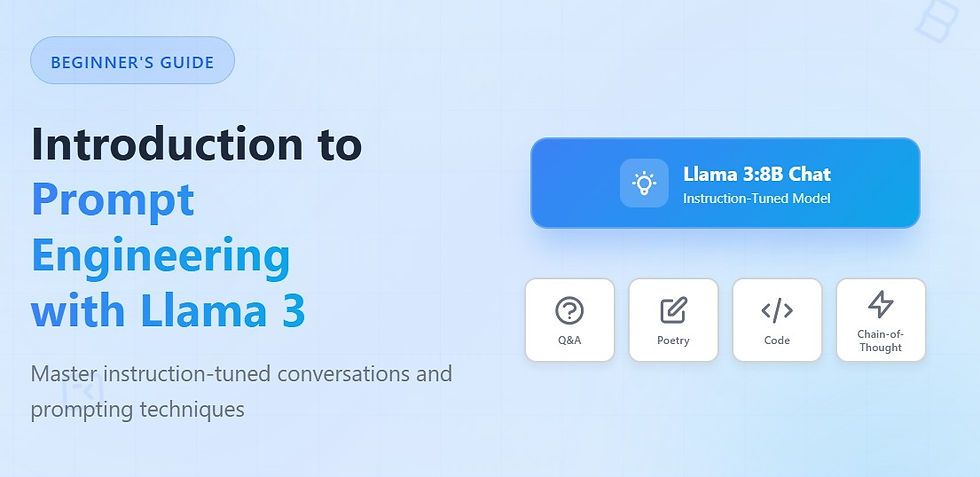Line Chart Using JAVAFX
- Aug 20, 2020
- 1 min read
In this example we are seeing how to develop Line Chart application using technologies JavaFX.

A line chart or line graph displays information as a series of data points (markers) connected by straight line segments. A Line Chart shows how the data changes at equal time frequency.
In JavaFX, a line chart is represented by a class named LineChart. This class belongs to the package javafx.scene.chart. By instantiating this class, you can create a LineChart node in JavaFX.
Line.fxml
<?xml version="1.0" encoding="UTF-8"?>
<?import javafx.scene.chart.CategoryAxis?>
<?import javafx.scene.chart.LineChart?>
<?import javafx.scene.chart.NumberAxis?>
<?import javafx.scene.control.Button?>
<?import javafx.scene.layout.AnchorPane?>
<AnchorPane prefHeight="500.0" prefWidth="500.0" xmlns:fx="http://javafx.com/fxml/1" xmlns="http://javafx.com/javafx/11.0.1" fx:controller="application.LineController">
<children>
<LineChart fx:id="lineChart" title="LINE CHART">
<xAxis>
<CategoryAxis label="Month" side="BOTTOM" />
</xAxis>
<yAxis>
<NumberAxis label="Salary" side="LEFT" />
</yAxis>
</LineChart>
<Button layoutX="198.0" layoutY="419.0" mnemonicParsing="false" onAction="#generateLineChart" prefHeight="48.0" prefWidth="125.0" text="Generate Line Chart" />
</children>
</AnchorPane>LineController.java
package application;
import javafx.event.ActionEvent;
import javafx.fxml.FXML;
import javafx.scene.chart.LineChart;
import javafx.scene.chart.XYChart;
public class LineController {
@FXML
LineChart<String,Number> lineChart;
public void generateLineChart(ActionEvent ae){
lineChart.getData().clear();
XYChart.Series<String,Number> series=new XYChart.Series<String,Number>();
series.getData().add(new XYChart.Data<String, Number>("Jan",200));
series.getData().add(new XYChart.Data<String, Number>("Feb",100));
series.getData().add(new XYChart.Data<String, Number>("Mar",300));
series.getData().add(new XYChart.Data<String, Number>("Apr",400));
series.setName("Month Pay");
lineChart.getData().add(series);
}
}Main.java
package application;
import javafx.application.Application;
import javafx.fxml.FXMLLoader;
import javafx.stage.Stage;
import javafx.scene.Parent;
import javafx.scene.Scene;
public class Main extends Application {
@Override
public void start(Stage primaryStage) {
try {
Parent root=FXMLLoader.load(getClass().getResource("/application/Line.fxml"));
Scene scene = new Scene(root);
scene.getStylesheets().add(getClass().getResource("application.css").toExternalForm());
primaryStage.setScene(scene);
primaryStage.show();
} catch(Exception e) {
e.printStackTrace();
}
}
public static void main(String[] args) {
launch(args);
}
}


Comments